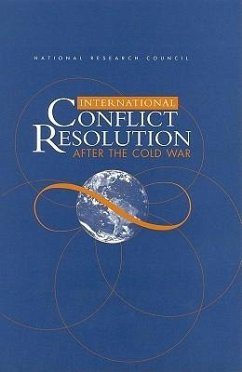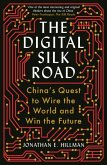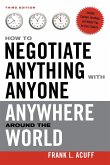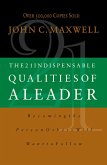The end of the Cold War has changed the shape of organized violence in the world and the ways in which governments and others try to set its limits. Even the concept of international conflict is broadening to include ethnic conflicts and other kinds of violence within national borders that may affect international peace and security. What is not yet clear is whether or how these changes alter the way actors on the world scene should deal with conflict:Do the old methods still work?Are there new tools that could work better?How do old and new methods relate to each other?International Conflict Resolution After the Cold War critically examines evidence on the effectiveness of a dozen approaches to managing or resolving conflict in the world to develop insights for conflict resolution practitioners. It considers recent applications of familiar conflict management strategies, such as the use of threats of force, economic sanctions, and negotiation. It presents the first systematic assessments of the usefulness of some less familiar approaches to conflict resolution, including truth commissions, "engineered" electoral systems, autonomy arrangements, and regional organizations. It also opens up analysis of emerging issues, such as the dilemmas facing humanitarian organizations in complex emergencies. This book offers numerous practical insights and raises key questions for research on conflict resolution in a transforming world system. Table of ContentsFront MatterConflict Resolution in a Changing WorldEvaluating Interventions in History: The Case of International Conflict ResolutionDefining Moment: The Threat and Use of Force in American Foreign Policy Since 1989Economic Sanctions and Post-Cold War Conflicts: Challenges for Theory and PolicySpoiler Problems in Peace ProcessesRipeness: The Hurting Stalemate and BeyondInteractive Conflict Resolution: A View for Policy Makers on Making and Building PeaceInteractive Conflict Resolution: Issues in Theory, Methodology, and EvaluationPast Truths, Present Dangers: The Role of Official Truth Seeking in Conflict Resolution and PreventionNew Challenges to Conflict Resolution: Humanitarian Nongovernmental Organizations in Complex EmergenciesElectoral Systems and Conflict in Divided SocietiesAutonomy as a Strategy for Diffusing ConflictLanguage Conflict and Violence: The Straw that Strengthens the Camel's BackThe Organization for Security and Cooperation in Europe: Its Contribution to Conflict Prevention and ResolutionAbout the Authors
Bitte wählen Sie Ihr Anliegen aus.
Rechnungen
Retourenschein anfordern
Bestellstatus
Storno








